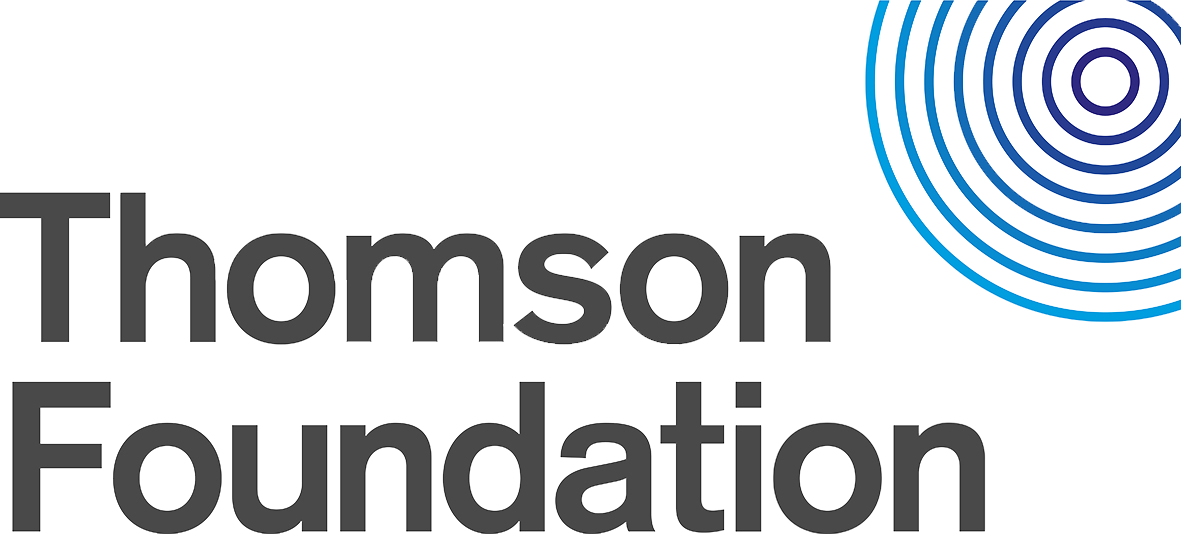FREE - For The Record: Covering War and Conflict
FREE - For The Record: Covering War and Conflict
Overview
Around the world, from Asia to Africa, in Europe and beyond, there are wars being fought. Some are internal conflicts and civil wars; some are international. All of them involve suffering and displacement alongside competing narratives, claims and counterclaims. It's why the job of a journalist in a war zone is vital. Journalists are there to bear witness for the record. Their colleagues in the newsroom have an important part to play in making sure what has been recorded and documented from a scene is archived properly for the future.
Eurovision News in partnership with the training experts from the Thomson Foundation, has created a series of free online courses to support reporters and crews, and their team back home.
This latest course, ‘For The Record: Covering War and Conflict’ takes a global perspective on the topic, including the Middle East. There is advice and experiences shared by contributors with decades of combined experience in conflict journalism.
Like all the courses in the ‘For the Record’ series, this is a self-paced course delivered on the EBU Academy Learning Platform.
Also available in the ‘For The Record’ series - ‘How to Document Stories from a War Zone’ which focuses on the Ukraine War, with versions available in English and fully translated in Ukrainian language.
Who it's for
- Journalists in the field
- Newsroom-based journalists
Objectives
- Best practice for documenting and archiving potential war crimes
- The legal processes and how they may affect journalists
- Logistical challenges when working in a war zone for both foreign correspondents and local journalists
- Physical safety and mental wellbeing
- Ethical considerations for journalists interviewing survivors
Programme Outline
Introduction and experts
Module 1: War crimes defined
- Identifying war crimes
- The main categories
- How the ICC works
- Getting the language right
- Key takeaways
Module 2: News coverage from a war zone
- Dealing with the unexpected
- Documenting what you see
- When you can’t bear witness
- Documenting what’s needed
- At the scene
- Key takeaways
Module 3: What's your role?
- What would you do?
- Holding the line
- Journalists and the law
- What would you advise?
- Key takeaways
Module 4: Dealing with traumatised survivors
- How prepared are you?
- The ethical approach
- Journalists and justice
- The interview
- Key takeaways
Module 5: The archiving process
- In the field
- Categorising and tagging
- Key takeaways
Module 6: Caring for yourself
- Signs of trauma
- Understanding trauma
- Getting help
- Looking after yourself
- Key takeaways
Module 7: Final assignment
Format
- 3-4 hours of online course delivered through the EBU Academy learning management platform.
- Modules combine slides, videos and quizzes.
- The course is self-paced allowing trainees to organise their learning at their own rate.
Contributors
They include: Rushdi Abu Alouf, BBC Gaza correspondent; Yousra Elbagir, Africa correspondent Sky News; Ole Solvang, Senior Human Rights Officer, United Nations Human Rights Monitoring Mission in Ukraine; Dr Anya Neistat, International Human Rights Lawyer at the Clooney Foundation; Federico Escher, Head of Foreign News at Channel 4 news in the UK; Guadalupe Megías, Correspondent at Spanish public service broadcaster, TVE, Quentin Sommerville, BBC News correspondent, Chris McGreal, a journalist for The Guardian and Gavin Rees who’s Senior Advisor for Training and Innovation at Dart Center for Journalism & Trauma.
Partners

With 60 years’ experience in nearly 100 countries, the Thomson Foundation is a global leader in media development, providing expertise for journalists by journalists.
This e-learning course is delivered with support from UNESCO.

Disclaimer: The designations employed and the presentation of material throughout this [publication/book/report/article/video] do not imply the expression of any opinion whatsoever on the part of UNESCO concerning the legal status of any country, territory, city or area or its authorities, or concerning the delimitation of its frontiers or boundaries. The author(s) [is/are] responsible for the choice and the presentation of the facts contained in this [publication/book/report/article/video] and for the opinions expressed therein, which are not necessarily those of UNESCO and do not commit the Organization.
